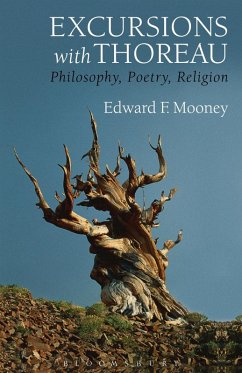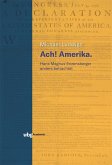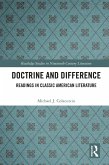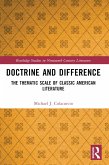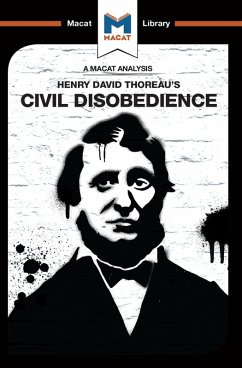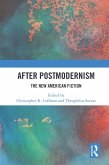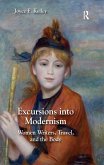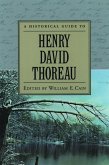Excursions with Thoreau is a major new exploration of Thoreau's writing and thought that is philosophical yet sensitive to the literary and religious.
Edward F. Mooney's excursions through passages from Walden, Cape Cod, and his late essay "Walking" reveal Thoreau as a miraculous writer, artist, and religious adept. Of course Thoreau remains the familiar political activist and environmental philosopher, but in these fifteen excursions we discover new terrain. Among the notable themes that emerge are Thoreau's grappling with underlying affliction; his pursuit of wonder as ameliorating affliction; his use of the enigmatic image of "a child of the mist"; his exalting "sympathy with intelligence" over plain knowledge; and his preferring "befitting reverie"-not argument-as the way to be carried to better, cleaner perceptions of reality.
Mooney's aim is bring alive Thoreau's moments of reverie and insight, and to frame his philosophy as poetic and episodic rather than discursive and systematic.
Edward F. Mooney's excursions through passages from Walden, Cape Cod, and his late essay "Walking" reveal Thoreau as a miraculous writer, artist, and religious adept. Of course Thoreau remains the familiar political activist and environmental philosopher, but in these fifteen excursions we discover new terrain. Among the notable themes that emerge are Thoreau's grappling with underlying affliction; his pursuit of wonder as ameliorating affliction; his use of the enigmatic image of "a child of the mist"; his exalting "sympathy with intelligence" over plain knowledge; and his preferring "befitting reverie"-not argument-as the way to be carried to better, cleaner perceptions of reality.
Mooney's aim is bring alive Thoreau's moments of reverie and insight, and to frame his philosophy as poetic and episodic rather than discursive and systematic.

